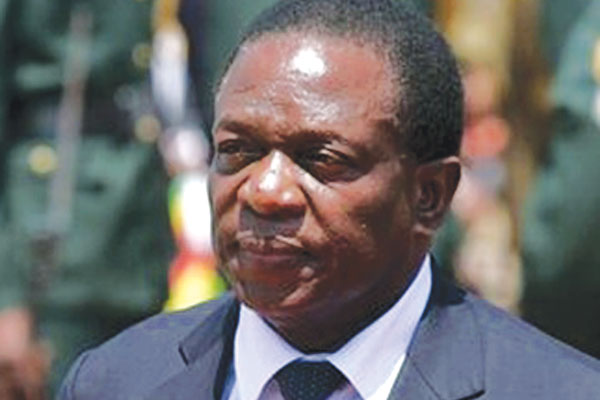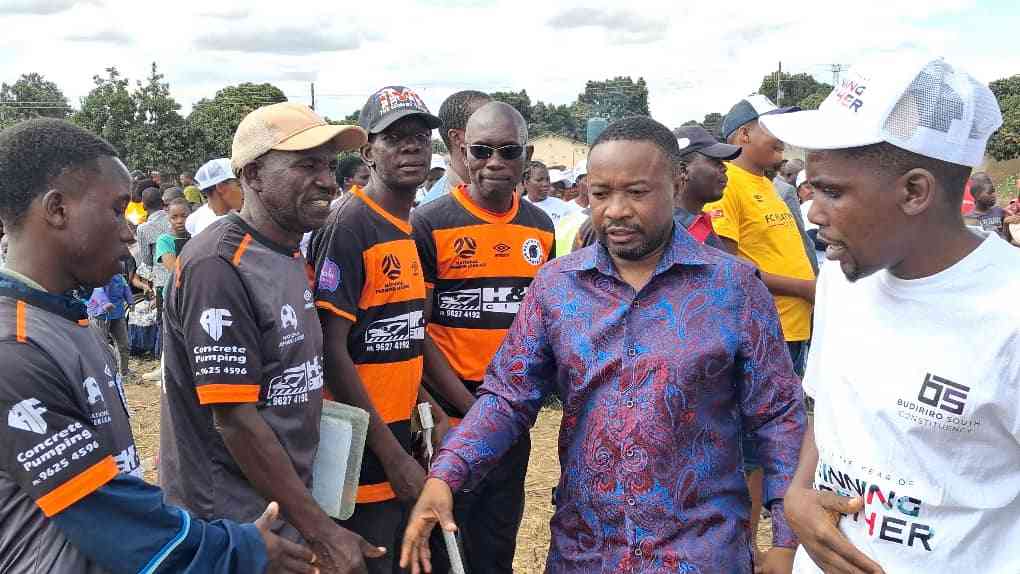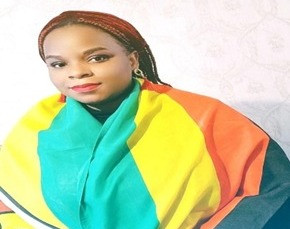
VICE-President Emmerson Mnangagwa yesterday attacked critics of Constitution of Zimbabwe Amendment Bill Number 1 on the appointment of the Chief Justice and other top judges, saying their assertions that the proposed changes were “self-serving” were baseless.
BY VENERANDA LANGA

The Bill passed through the second reading stage and Mnangagwa moved that the committee stage commences today.
Mnangagwa’s Bill had received massive rejection by members of the public during public hearings by the Parliamentary Portfolio Committee on Justice.
“Let me put it on record that this is not a self-serving amendment to the Constitution, as what MPs have been at pains to try and portray,” he said.
“It is my firm belief that those that introduced those notions are not only mischievous, but are dangerous to our constitutional democracy and themselves.”
Mnangagwa said as Justice minister, he had a duty to amend laws in a balanced manner to the satisfaction of all Zimbabweans.
He said MPs who insinuated that some Cabinet ministers were opposed to amendments of the Constitution were misleading the people.
- Chamisa under fire over US$120K donation
- Mavhunga puts DeMbare into Chibuku quarterfinals
- Pension funds bet on Cabora Bassa oilfields
- Councils defy govt fire tender directive
Keep Reading
“The fact that we have not seen any resignations from Cabinet is witness that the Bill had full backing from Cabinet,” the VP said.
“Let me address unwarranted fears that the appointment of the CJ [Chief Justice], DCJ [Deputy Chief Justice] and Judge President of the High Court shall erode the independence of the Judiciary and unsettle the principle of separation of powers. The Constitution has other adequate measures that guarantee Judiciary independence to advance and secure the integrity of the bench.”
Mnangagwa said the notion that the Bill was partisan was wrong, adding the amendment was a political people-centred one founded on the notion of smooth administration of justice, which must be predicated from a smooth appointment process.
Meanwhile, Vice-President Phelekezela Mphoko yesterday admitted the National Peace and Reconciliation Commission Bill (NPRC) Bill did not receive public acceptance.
“Let me point out that this Bill aims to operationalise the NPRC and clearly states the functions of the commission. The Bill only gives the principles of operations of the commission and does not give instructions on how the NPRC should conduct its work. The modalities will be given as regulations when the Bill becomes an Act,” he said.
The VP said the recovery of the lost years in the 10-year lifespan of the NPRC would be decided by the commission itself.
“We stand guided by the custodians of the commission as to how this is going to be addressed. Extending the life span of the commission will be unconstitutional,” Mphoko said.
The Bill sailed through the second reading stage unopposed and now goes to the committee stage, where it will be scrutinised clause by clause.
Mphoko’s attempts to explain away accusations against him of condoning corruption were later ruled out of order, as he had tried to raise the issue during discussion on the NPRC Bill.











